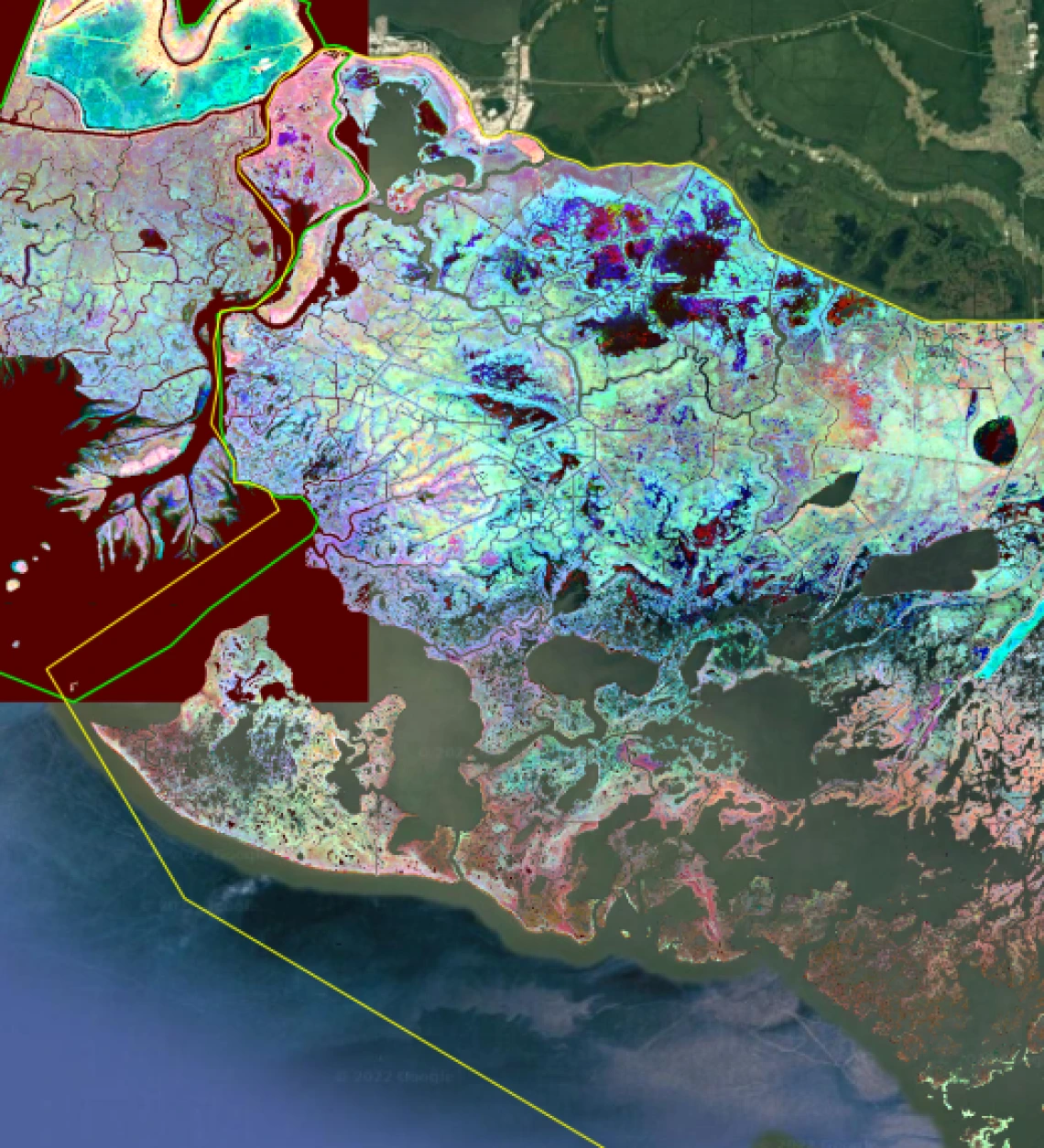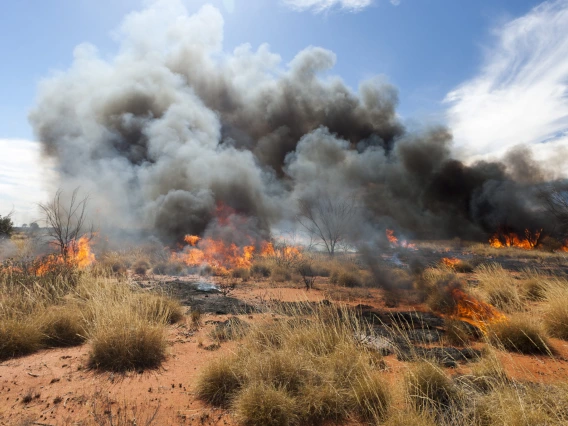NASA ARID (Adaptation and Response in Drylands) Scoping Project Overview
ARID is a scoping study selected by the NASA Terrestrial Ecology (TE) Program to work with dryland scientists and stakeholders and the remote sensing community to outline a future NASA field campaign focused on drylands.
If NASA selects this study, it will commit significant funds to a multi-year field campaign aimed at improving our understanding of drylands via integrated measurements across spatial scales (e.g., plot, tower, drone, aircraft, and satellite scale). Our scoping study will take place until the end of 2024, when a final report will be submitted to the NASA TE Program.
NASA Terrestrial Ecology Program

NASA Terrestrial Ecology research addresses Earth's carbon cycle and ecosystems using space-based observations. The focus is on land-based ecosystems, changes in their structure and functioning, and their roles in supporting human life and maintaining Earth's habitability.
The goal of NASA Terrestrial Ecology research is to improve understanding of the structure and function of global terrestrial ecosystems, their interactions with the atmosphere and hydrosphere, and their role in the cycling of the major biogeochemical elements and water.
This program of research addresses variability in terrestrial ecosystems, how terrestrial ecosystems and biogeochemical cycles respond to and affect global environmental change (including changes in biodiversity), and future changes in carbon-cycle dynamics and terrestrial ecosystems.
Important to the Terrestrial Ecology program is establishing a theoretical basis for measuring Earth surface properties using reflected, emitted, and scattered electromagnetic radiation and developing methodologies and technical approaches to analyze and interpret such measurements, especially in support of new measurement capabilities and satellite missions.
Previously funded campaigns include:
ARID Scoping Study Framework

DRIVERS OF CHANGE
The study examines the primary forces shaping dryland ecosystems, emphasizing both natural and human-driven factors:
- Fire: Fires are altering dryland ecosystems, reshaping vegetation and soil properties, and influencing local and regional climates.
- Drought: Drought, both natural and intensified by climate change, reduces water availability, impacts plant productivity, and stresses animal and plant species, often leading to shifts in species composition.
- Land Use: Human-led activities such as animal grazing, the spread of invasive plant species, and urban and agricultural development put additional pressure on drylands. These changes can lead to soil degradation, reduce biodiversity, and disrupt the balance of these ecosystems, amplifying vulnerability to other stresses.

ECOSYSTEM RESPONSES
Understanding how dryland ecosystems respond:
- Carbon Storage: Drylands are significant carbon reservoirs, but as they face challenges from drought and human activities, their carbon storage potential may decrease, potentially releasing carbon back into the atmosphere and affecting global climate patterns.
- Productivity Decline: Many drylands are experiencing reduced productivity, impacting both vegetation and the wildlife and human populations that rely on these ecosystems for sustenance and economic resources.

ADAPTATION & MITIGATION OPTIONS
Strategies to address and reduce the impact of changes on dryland ecosystems:
- Carbon Sequestration: Enhancing carbon capture in drylands can help mitigate climate change while preserving ecosystem health.
- Nature-Based Climate Solutions: Approaches like reforestation, improved land management, and soil conservation strengthen ecosystem resilience against climate impacts.
- Genetic Adaptation: Promoting plant species with genetic traits suited to arid conditions could boost ecosystem productivity and durability in the face of environmental changes.

ECOSYSTEM SERVICES & HUMAN SERVICES
Drylands provide vital services for both ecological balance and human needs:
- Food and Water: These regions are essential for agricultural production and water resources, which are increasingly under threat from changing climate conditions.
- Energy and Minerals: Rich in renewable energy potential (such as solar power) and valuable minerals, drylands hold resources that are crucial for sustainable development and economic resilience.
